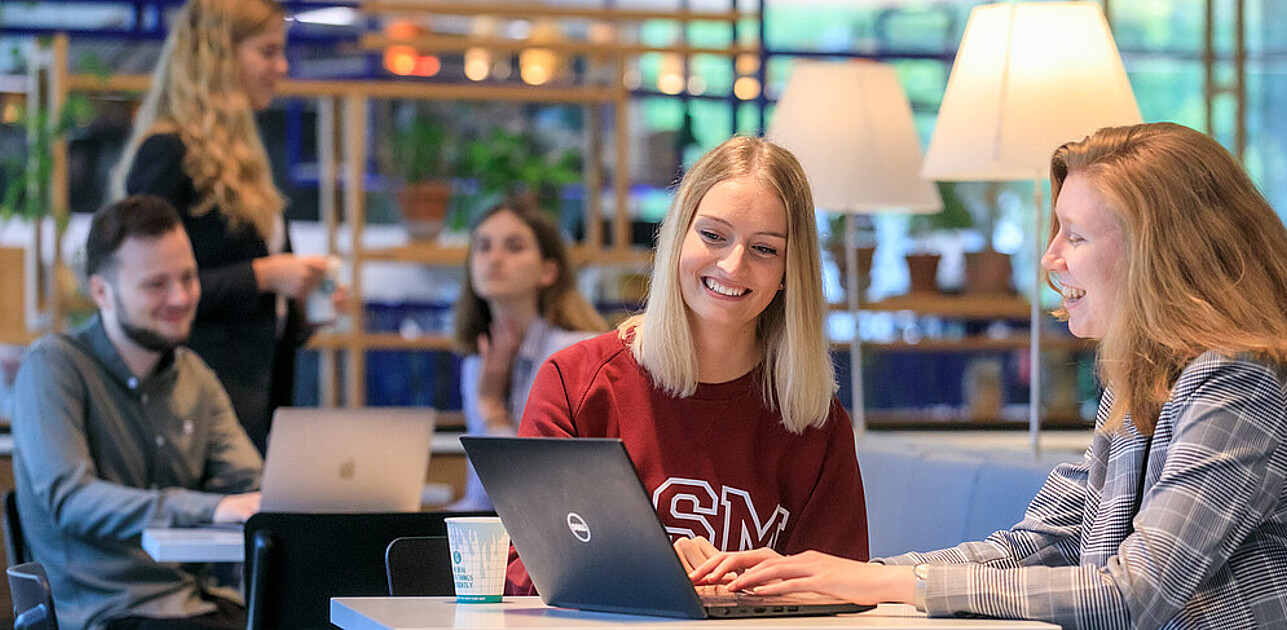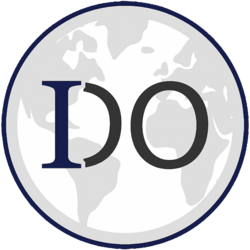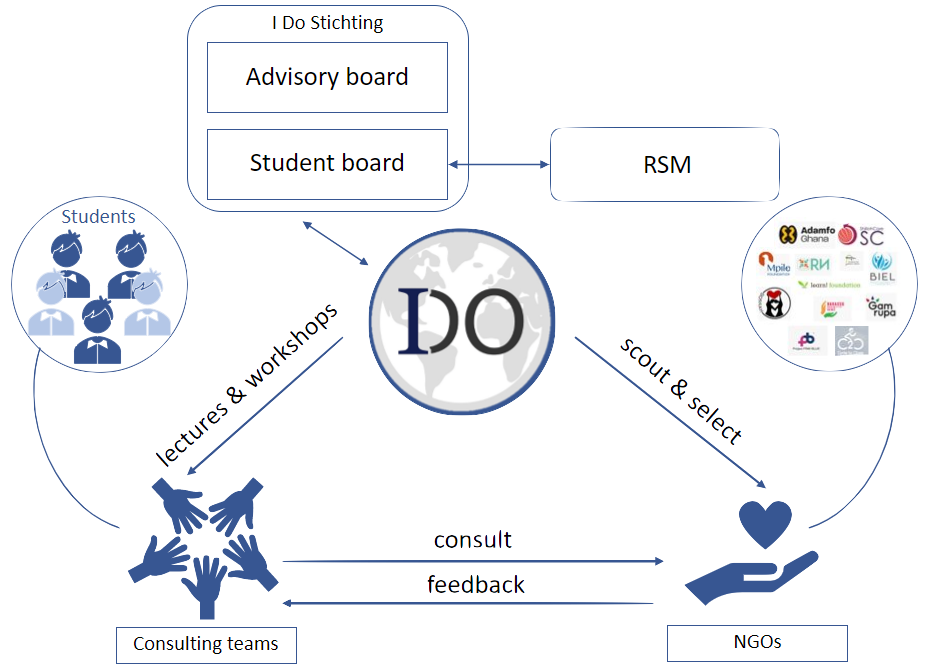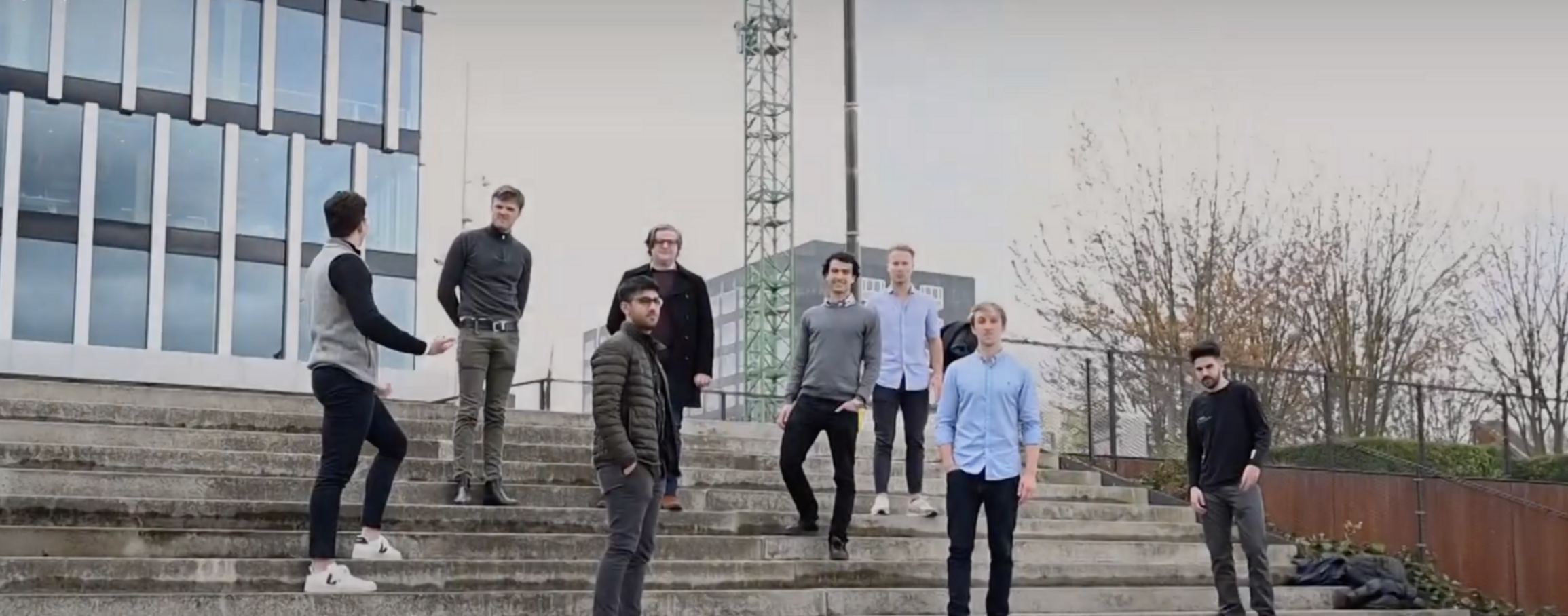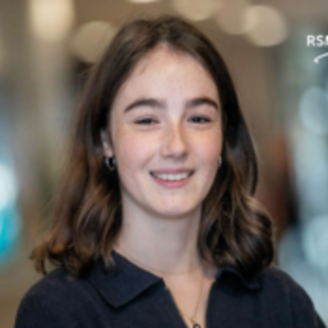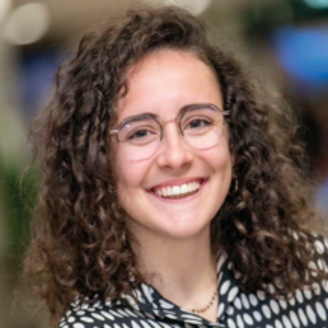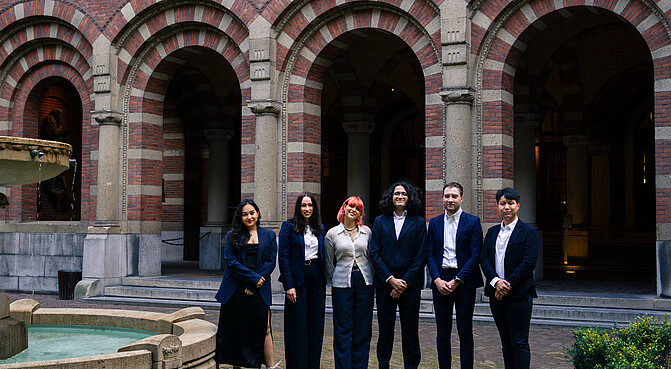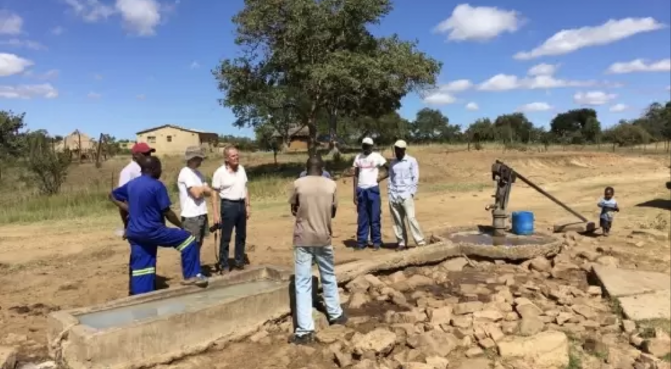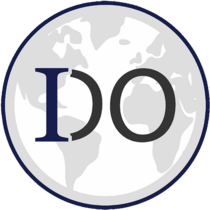We successfully ran the first I DO course in the 2021-22 academic year and we want to continue creating the same sort of impact!
Our first course connected 60 students to 12 NGOs. They supported their NGOs in diverse tasks:
- reinventing marketing strategy through a new advertising campaign on social media;
- a web page redesign;
- increased communication with donors;
- improving the supply chain of organisations by finding new key partners;
- and devising solutions for the logistics and transportation of goods.
Furthermore, the RSM student teams helped their NGOs to optimise their organisational structures and shape their strategies. Their hard work helped all the NGOs to move a couple of steps closer to their missions, which included securing a clean water supply in Zimbabwe, providing education to girls and women in Guinea, and supporting orphans in Ghana.
Students attended regular workshops, training sessions, brainstorming sessions and events to improve their work in their consulting teams. These were led by RSM faculty, student board members, and professional practitioners.
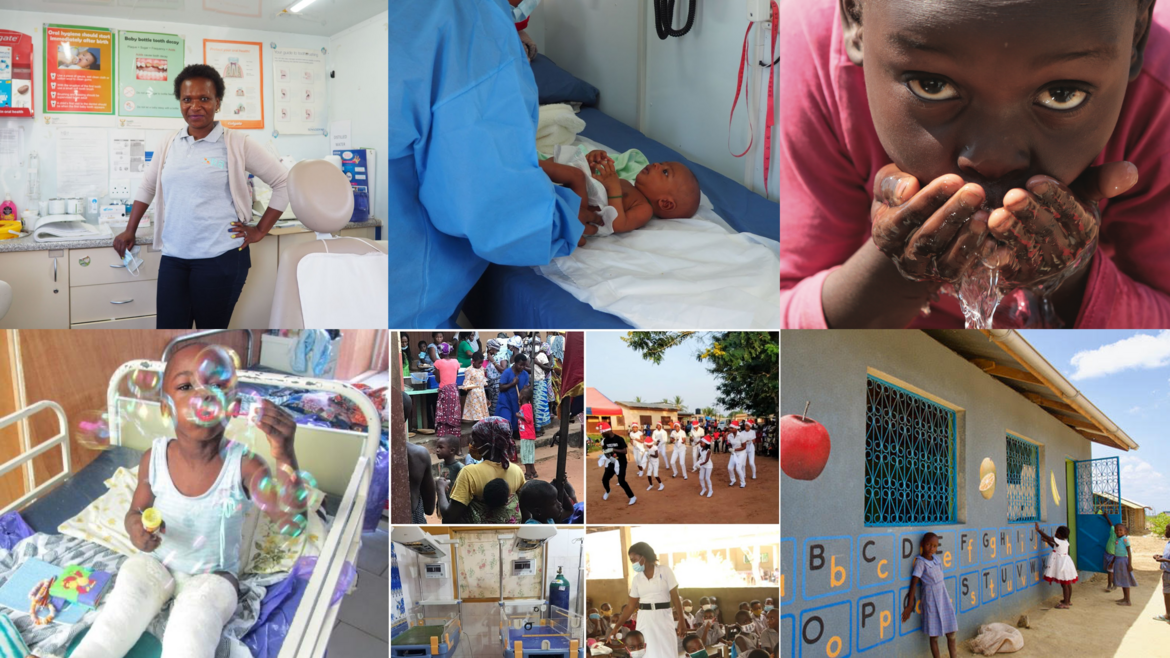
Student experiences
I DO is a fully accredited 15 ECs course in the second year of the BSc IBA and BSc BA. The 15 ECs count towards participants' study progress and are included in the required 60 ECs in the third year of both bachelor programmes.
Analysis phase and implementation phase
The course is split into two phases: analysis and implementation.
The analysis phase runs through September to November 2025 and incorporates theoretical preparation for the implementation phase.
The implementation phase runs through December to June 2026; this is when students put their knowledge, skills and conclusions from the analysis phase into practice, and work directly with globally active NGOs. Both phases are aligned with the course’s conceptual framework to equip students with the skills and knowledge necessary to achieve a positive impact in the collaboration with NGOs.
Find above the course structure for the second year for BA.

Find above the course structure for the second year for IBA.

Analyse, implement, impact. And repeat!
The course has two phases:
Implementation phase
From September to November, students communicate with their NGOs to understand their goals and processes while examining the external environment. Students analyse a set of issues and develop solutions for them while checking that they are acceptable to the NGOs.
Action phase
From December to June, the students implement their proposed solutions, working with their NGOs. The aim is to make long-term changes in NGO practices that increase the NGOs’ positive impact in a sustainable way. Throughout this period, the students have built new websites in WordPress for their NGOs, redesigned their online fundraising strategies by using choice architecture, have organised events and redefined the NGOs’ internal processes and culture. All of their work has had a single goal: maximize the NGOs’ positive impact in a sustainable, transferrable way, such that their work will benefit them for years to come, just like any successful consulting project.

We work with NGOs that strive to create a tangible positive impact all over the world. You could be supporting a specific mission for education, healthcare infrastructure, or democratising access to clean water, for example. All of the NGOs that take part in I DO encourage, aid and support deprived and disadvantaged communities and operate in developing nations. They also all have a representative in the Netherlands. You will have a unique opportunity to support these projects through I DO by using your skills to exert a significant positive impact.
We have been honoured to collaborate with these NGOs:
Cycle to Class
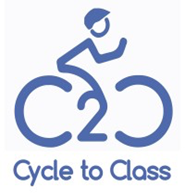
Cycle to Class aims to increase access to education through the provision of bicycles for vulnerable children living in sub-Saharan Africa. RSM’s student consultants are working on a range of important tasks to support the organisation. Their first task was to reinvent the Cycle to Class marketing strategy with a new social media advertising campaign, a redesign of the website, and increased communication with donors. Their second task was to improve the organisation’s supply chain by finding new key partners who would be able to provide bikes. They also devised solutions for transport logistics and bike maintenance. Their third task was to clarify the organisational structure and create a volunteer programme.
Learn! Foundation

The Learn! Foundation gives children in Kenya a real opportunity for education. It has supported schools since 2009 by building classrooms, providing educational materials, training facilities for teachers and a food programme for school children. It also provides scholarships for secondary school and university. This work would not be possible without its partner in Kenya, Lifting the Barriers. The RSM student team is currently analysing the potential of podcasts as part of a Learn! Foundation marketing strategy to improve communications between all stakeholders.
Rhiza Foundation
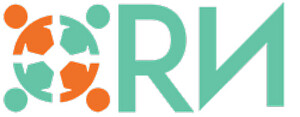
Rhiza is a Dutch-based foundation with the goal of eradicating poverty in South Africa. Rhiza has a four-step cycle: develop, produce, trade and reinvest. It operates in healthcare, enterprise development, education, and skills development. Rhiza's work targets early development and channels its resources to help children, and adults up to the age of 35. They build strong, sustainable, and self-reliant communities in South Africa by collaborating with the local population, partner organisations, and the government.
During I DO’s pilot year, the RSM student team supported Rhiza in conducting a feasibility study for the opening of a factory in South Africa that would create a sustainable and ethical workplace. The students helped Rhiza to create an effective online marketing structure to reach more potential donors.
Mpilo
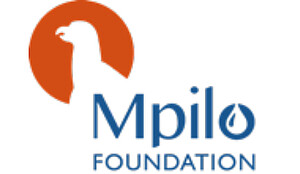
Mpilo provides schools, orphanages, and remote villages in Zimbabwe with access to clean water and electricity. The NGO’s whole operation follows the criteria of sustainability, local involvements while focusing on small-scale projects to create large-scale impact.
During their last months of working on the project, the student team enhanced Mpilo’s internal collaboration by implementing a work management tool and setting up easier procedures for volunteers.
Check our Instagram page for a presentation of the 15 participating NGOs of the 2025-2026 academic year!
